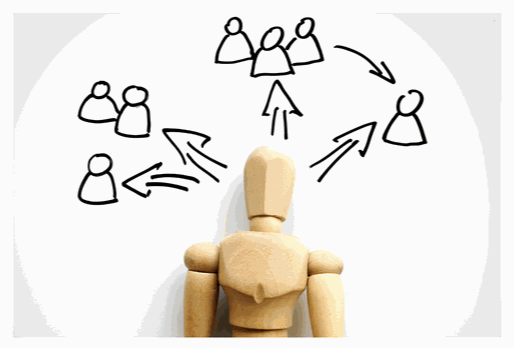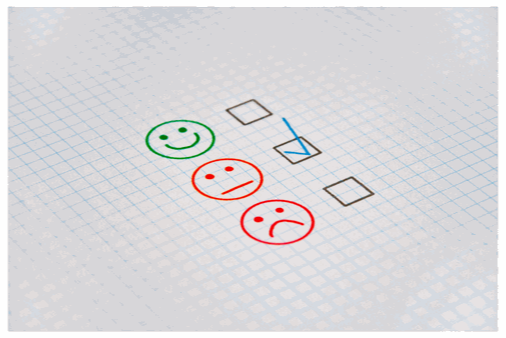It's true that managers need to have strong leadership qualities in order to be effective leaders. However, excellent leadership abilities are not simply advantageous for managers inside an organization. People with leadership abilities may make a difference at all organizational levels.
The Significance of Having Strong Leadership Skills
Employees with leadership qualities can motivate others to support a common cause. Another aspect of leadership is the capacity to create plans, enlist the appropriate individuals, and then carry them through from beginning to end. Individuals, teams, departments, and the entire business may achieve their objectives with the support of strong leadership.

The Significance of Including Leadership Competencies on your CV
You want to keep enhancing your leadership abilities since, as is understandable, businesses place a high value on them. Additionally, if you're looking for work, emphasizing your leadership abilities in both your resume and cover letter is the best method to get the attention of potential employers.
Skills That Showcase Strong Leadership:
Communication
A leader must be able to communicate with both teams and personnel by outlining expectations, team goals, and available resources. In order to effectively interact with their staff, leaders must be able to hear what they are saying.

Communication leadership skills examples:
Active listening
- Presenting
- Awareness of non-verbal cues and body language
- Public speaking
- Excellent written communication
Implemented utilizing a messaging application to streamline consumer and account manager communication, increasing consumer satisfaction by 30%
Delegation
Delegation leadership skills examples:
Scheduling
- Strategic thinking
- Forecasting
- Organization
- Good written and verbal communication
- Attention to detail
- Self-awareness
Managed a team of 5 graphic designers and delegated projects and tasks based on specific skill sets and strengths of each.

Problem Solving
Projects will eventually go over budget, activities will inevitably fall behind schedules, and clients or consumers will grow dissatisfied with their current situation.
An effective leader will be able to roll with the punches in these circumstances and take the required action to resolve the issue for the best end.
Problem-solving leadership skills examples:

Creativity
- Evaluation
- Research
- Critical thinking
- Flexibility
- Adaptability
- Analytical thinking
Spearheaded global expatriate database development to support trailing spouses in career planning, and gainfully employed spouses increased by 50%.
Conflict Resolution
Life naturally involves conflict. The ability to resolve disputes, however, is not something that everyone is naturally gifted with. However, good conflict management, resolution, and resolution are essential leadership abilities.
A competent leader is aware that unresolved dispute may linger and harm both employee morale and productivity. The key is being able to resolve disputes with respect for all parties.
Conflict resolution leadership skills examples:
Mediation
- Teamwork
- Collaboration
- Emotional intelligence
- Active listening
- Patience
- Professionalism
Facilitated team-building exercises for a team of 10 engineers to support open dialogue between team members and reduced conflict by 20%.

Providing and receiving feedback
Giving feedback (both constructive criticism and encouraging words) is a typical component of a leadership position with management or supervisory responsibilities. Effective leadership requires the ability to provide feedback when and how it is needed. And once more, it's not necessarily a necessary talent reserved exclusively for individuals who have direct reports, as even teammates occasionally need to provide their fellow employees with feedback.
Feedback leadership skills examples:

Empathy
- Interpersonal skills
- Active listening
- Good written and verbal communication skills
- Compassion
Organized department-wide 360 manager and employee feedback sessions monthly to support improving a company-wide performance appraisal program.
Time management and organization
Leaders are in the difficult position of trying to prioritize jobs and initiatives while making sure everything goes as smoothly as possible. As a result, a leader must possess exceptional organizing skills. Additionally, they can always assign the duty to a team member or administrative assistant for assistance if organization is not their strong suit.
Being a leader also needs you to constantly juggle a number of tasks, which calls for very savvy time management abilities to make sure nothing is overlooked. Multiple deadlines must be balanced, progress must be managed, and your team's performance must be regularly assessed. As a result, a leader needs to be skilled in a variety of time management techniques.
Time management and organization leadership skills examples:
Forecasting
- Flexibility
- Adaptability
- Attention to detail
- Planning
- Delegation
- Decision making

Essential Leadership Qualities for Job Seekers